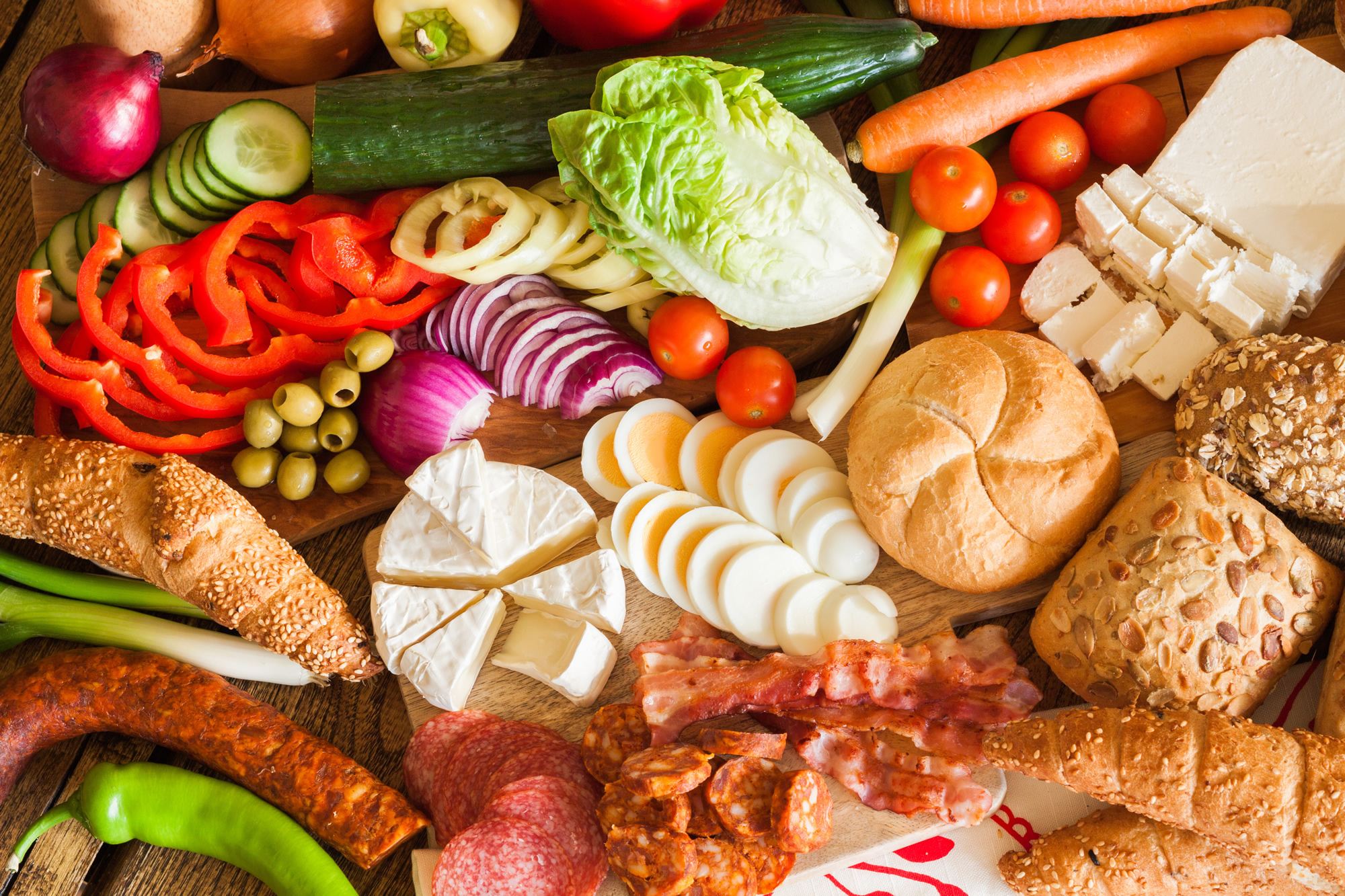
Consumers are expecting more from their food and the retailers that give it to them. A wide shift in preferences in recent years towards healthier options and more transparency from brands around where they source their ingredients have led to a wave of new growth investment focused on companies who are catering to the demand for healthier, local and/or more unique small batch products. And that demand is huge. The $109B specialty food market, for example, has grown approximately 14% per year since 2005 driven by consumer demand for premium, niche brand alternatives with greater transparency over mainstream options.
Even retail giants such as Target are shifting their entire business strategy by putting big name food brands on the back burner in favor of smaller brands that resonate well with what it calls the “demanding enthusiast,” a shopper defined as younger, multicultural and living in cities. Another example is the craft beer industry. According to the Brewers Association, craft beer production volume increased in the United States by 18 percent in 2014 alone. IBISWorld predicts that the craft and premium beer segments will reach $29.8 billion in revenue in 2019. These multi-billion dollar market opportunities have led to innovation throughout the supply chain from production to retail distribution aimed at optimizing the food retail ecosystem so that both small and big box business can more efficiently capitalize on the “small batch” and local trends.
An example of minimizing the logistics needed to provide local produce is New York City-based BrightFarms. BrightFarms designs, finances, builds and operates hydroponic greenhouse farms at, or near, supermarkets so they can eliminate time, distance and cost from the food supply chain. The company’s goal is to change the produce supply chain in the United States by having greenhouses covering the Midwest and East Coast, displacing a number of long-distance produce items that used to be sourced from the West Coast. BrightFarms recently closed its Series B financing in June 2014 from an investor group that includes Emil Capital Partners, NGEN Partners and WP Global Partners.
California-based BluWrap is taking a completely different approach to enabling greater scalability of fresh food. BluWrap provides naturally extended shelf-life technology that maintains an all-natural controlled atmosphere environment. This extends the shelf life of perishable proteins and allow producers to ship by ocean rather than more expensive air freight and still deliver a fresh, high quality product to customers. BluWrap recently raised $12.6 million at the end of 2014 to accelerate adoption of its technology, secure new global sources of protein supply, and expand into new global geographic markets. Current private equity backers of the company include Firelake Capital Management, Anterra Capital, Wheatsheaf Investments and Rabo Ventures.
Another delivery technology that is proving useful in select retailers’ goal to optimize shelf life for fresh products is Curbside. Curbside allows for real-time inventory tracking and same-day pickup of groceries and other goods from local stores. By both providing greater visibility over inventory levels and increasing turnover for retailers Curbside can better enable a heavier adoption of more perishable goods. Curbside recently closed a key early partnership with Target and received an investment of $9.5 million in late 2014 from Index Ventures, AME Cloud Ventures and O’Reilly AlphaTech.
Some companies are seeing tremendous success in delivering local and small batch products directly to consumers at scale. For example, Good Eggs, directly through their independent e-commerce platform, is an online farmers market that brings local groceries to end consumers via online ordering and delivery. It is currently serving San Francisco, L.A., Brooklyn and New Orleans, and has secured over $30 million from top growth investors including The Westly Group, Index Ventures and Sequoia Capital. Relay Foods is another popular platform that allows consumers to shop for local and organic groceries online; Relay has focused on expanding in the Mid-Atlantic region and raised north of $14 million of outside capital. Lastly, Mouth Foods is bringing the broader indie food movement online and available to households across the U.S. Mouth curates unique products and features independent food producers to centralize the fragmented artisanal food market and inspire trust from demanding consumers. Mouth has scaled rapidly with sales growth of over 250% in 2014 and a group of strong backers led by Vocap Investment Partners and Zappos CEO Tony Hsieh.
Consumer preferences can be hard to predict, but we can be fairly certain that the demand for increased transparency and more unique offerings are here to stay. What was previously an opaque supply chain with limited purchasing channels for consumers has been changed by continued investment across all parts of the food ecosystem. It is now easier for everyone from local farmers to big box retailers to provide more unique, personable and healthier options, and investors are well positioned to win big as small batch and local continue to permeate the masses.
Discover unique insights from growth investors and leading executives.
Sign up for our weekly newsletter.